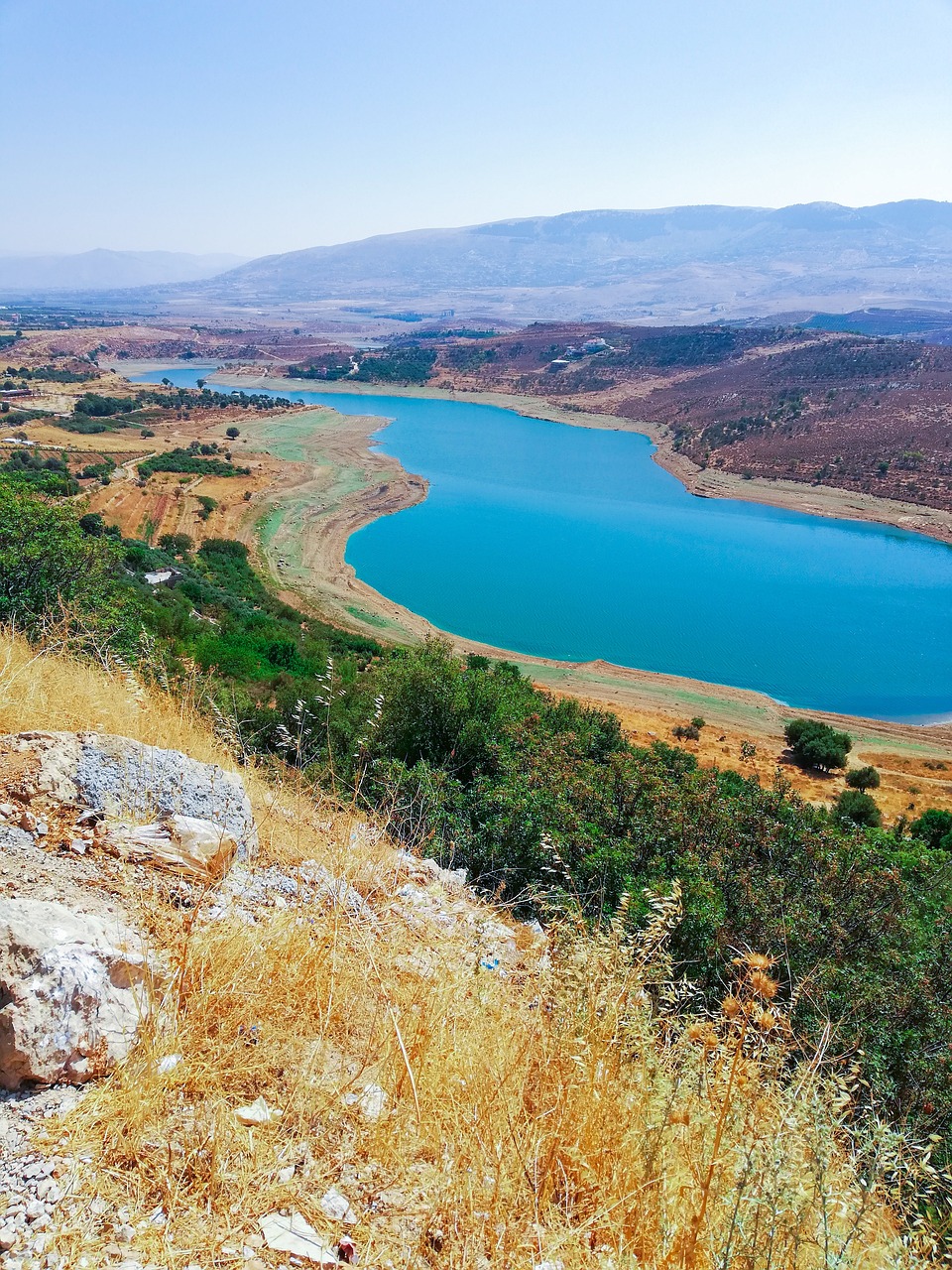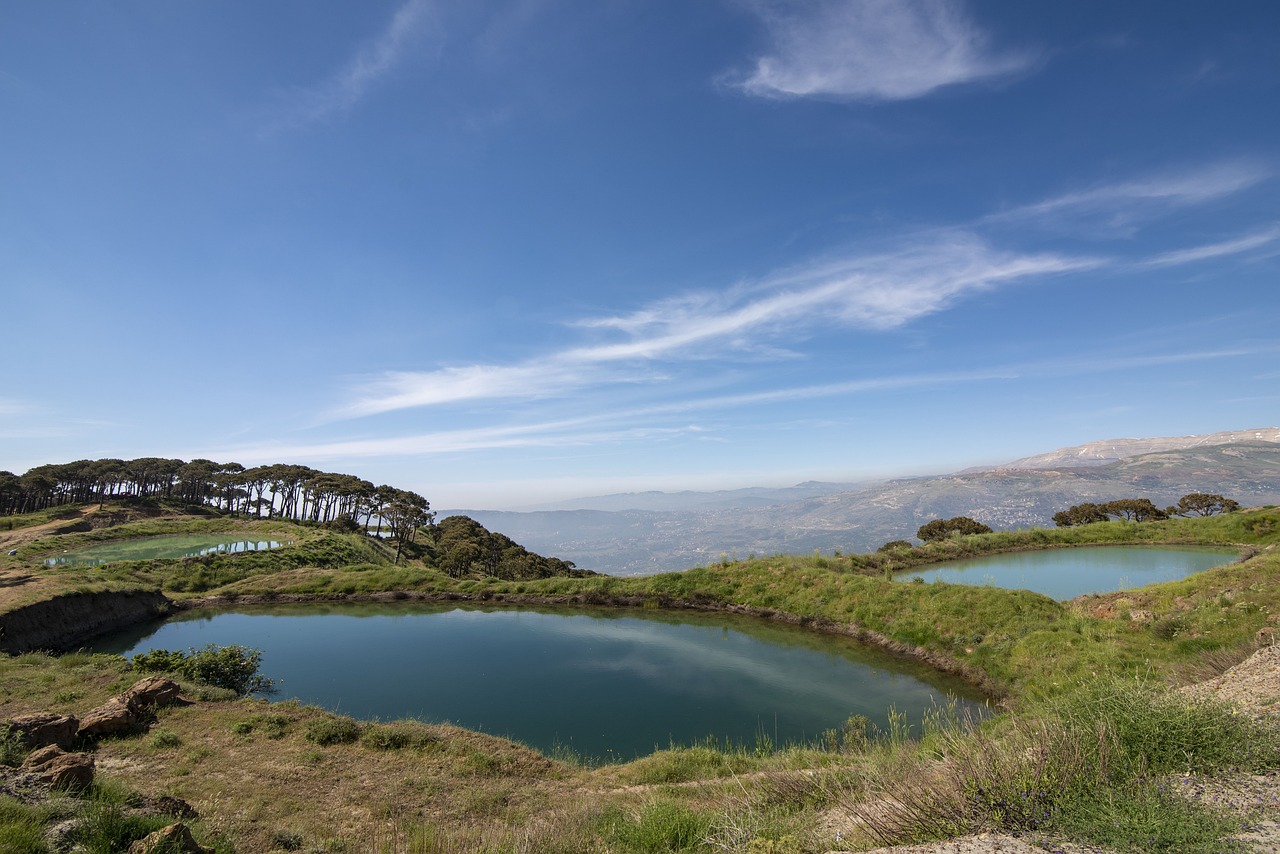Lebanon Video
Coping with Power Outages: Being Prepared in Lebanon
Power outages can be a common occurrence in Lebanon due to various factors such as an aging infrastructure, political instability, and insufficient energy resources. These outages can disrupt daily life, affecting businesses, homes, and essential services. Being prepared for power outages is crucial to ensure your safety, comfort, and ability to navigate through these challenging times. This article will provide you with detailed information on how to cope with power outages in Lebanon.
Understanding the Causes of Power Outages
Power outages in Lebanon can be caused by several factors, including:
- Aging Infrastructure: Lebanon’s electrical infrastructure is outdated and in need of significant upgrades and maintenance.
- Insufficient Energy Resources: Lebanon heavily relies on imported fuel for electricity generation, making it vulnerable to supply disruptions.
- Political Instability: Lebanon’s political situation can impact the stability of the power sector.
Due to years of neglect and insufficient investments, the power grid in Lebanon is prone to failures and breakdowns.
Fluctuating fuel prices, political tensions, and logistical challenges can lead to shortages and interruptions in the energy supply.
Disputes, conflicts, and changes in government can affect the management and maintenance of the power infrastructure.
Section 3: Creating an Emergency Preparedness Plan
Having an emergency preparedness plan is essential to cope with power outages effectively. Here are some key steps to create your plan:
- Assessing Your Needs: Identify your specific needs during a power outage.
- Stocking Essential Supplies: Prepare an emergency kit with essential supplies.
- Backup Power Source: Consider investing in a backup power source.
- Communication Plan: Establish a communication plan with your family and neighbors.
Consider medical requirements, essential appliances, and the duration of potential outages to determine your preparedness level.
Include items such as flashlights, batteries, non-perishable food, water, a first aid kit, and blankets.
A generator or an uninterruptible power supply (UPS) can provide temporary power during outages.
Agree on a meeting point, emergency contact numbers, and a method to stay connected during power outages.
Section 4: Conserving Energy during Power Outages
During power outages, it is crucial to conserve energy to extend the duration of backup power sources and reduce strain on the electrical grid. Here are some energy-saving tips:
- Minimize Appliance Usage: Limit the use of non-essential appliances.
- Optimize Cooling and Heating: Adjust your thermostat and use fans or blankets to maintain a comfortable temperature.
- Smart Charging: Charge electronic devices when the power is available.
- Use Natural Lighting: Take advantage of natural light during the day.
Turn off lights, unplug electronics, and avoid using energy-intensive devices during outages.
Seal windows and doors to prevent drafts and conserve energy.
Utilize power banks and portable chargers to keep your devices running during outages.
Open curtains or blinds to reduce the need for artificial lighting.
Section 5: Ensuring Food Safety during Power Outages
During extended power outages, it is crucial to ensure the safety of perishable food items. Follow these guidelines to minimize food spoilage:
- Keep the Refrigerator Closed: Avoid opening the refrigerator unnecessarily.
- Use Coolers and Ice: Transfer perishable items to coolers with ice.
- Consume Perishables First: Prioritize consuming perishable items before non-perishables.
- Monitor Food Temperature: Use a food thermometer to check the temperature of perishable items.
Each time the door is opened, cold air escapes, accelerating food spoilage.
This helps maintain a lower temperature and prolongs the freshness of food.
Opt for fresh foods to minimize waste and reduce the risk of foodborne illnesses.
Discard any food that has been stored above 40°F (4°C) for more than two hours.
Lebanon Image 1:

Section 6: Staying Safe during Power Outages
Power outages can pose safety risks. Follow these guidelines to ensure your safety during these situations:
- Use Caution with Candles: If using candles for lighting, keep them away from flammable materials and never leave them unattended.
- Prevent Carbon Monoxide (CO) Poisoning: If using a generator, place it outdoors in a well-ventilated area.
- Secure Your Home: Ensure doors and windows are locked and secure.
- Stay Informed: Stay updated on power outage information and emergency alerts.
Consider using battery-operated lights or flashlights as a safer alternative.
Carbon monoxide can build up indoors and cause serious health risks.
During prolonged outages, it’s important to maintain the security of your property.
Listen to battery-operated radios, check official websites, or use mobile apps for updates.
Section 7: Community Support and Resources
During power outages, communities often come together to support each other. Here are some resources and support networks you can tap into:
- Local Community Centers: Community centers may provide temporary shelter, charging stations, and access to emergency supplies.
- Neighborhood Watch Groups: Join or establish a neighborhood watch group to enhance safety and communication within your community.
- Volunteer Organizations: Connect with local volunteer organizations that provide assistance during emergencies.
- Online Communities: Utilize social media platforms or online forums to connect with others facing similar challenges.
Lebanon Image 2:

Section 8: Power Outage Etiquette
During power outages, it’s essential to practice good etiquette and considerate behavior towards others. Here are some tips:
- Be Patient: Understand that power outages can be a challenging time for everyone.
- Share Resources: If you have access to backup power or supplies, consider sharing them with those in need.
- Check on Neighbors: Look out for vulnerable individuals, such as the elderly or those with medical conditions.
- Report Outages: Notify your local utility company about power outages in your area.
Section 9: Maintaining Mental Well-being
Power outages can be stressful and impact mental well-being. Here are some strategies to maintain a positive mindset:
- Stay Connected: Reach out to loved ones, friends, or neighbors to maintain social connections.
- Engage in Hobbies: Use the downtime to engage in activities you enjoy, such as reading, painting, or playing board games.
- Practice Self-care: Take care of your physical and mental health by practicing relaxation techniques, exercising, and getting enough sleep.
- Seek Support: If feelings of stress or anxiety persist, reach out to mental health professionals or support hotlines.
Lebanon Image 3:

Section 10: Power Outage Recovery
Once power is restored, it’s important to take certain steps to ensure a smooth recovery:
- Check Appliances: Inspect appliances for any damage or malfunctions before using them.
- Restock Emergency Supplies: Replenish your emergency kit with fresh supplies.
- Review Your Preparedness Plan: Evaluate your emergency preparedness plan and make any necessary updates.
- Learn from the Experience: Reflect on the power outage and identify any lessons learned for future preparedness.
Section 11: Additional Resources
For more information on coping with power outages in Lebanon, consider these reputable sources:
- Electricité du Liban (EDL) – www.edl.gov.lb
- Lebanese Center for Energy Conservation (LCEC) – www.lcec.org.lb
- Ministry of Energy and Water – www.energyandwater.gov.lb
- Lebanese Red Cross – www.redcross.org.lb
References
- Electricité du Liban (EDL) – www.edl.gov.lb
- Lebanese Center for Energy Conservation (LCEC) – www.lcec.org.lb
- Ministry of Energy and Water – www.energyandwater.gov.lb
- Lebanese Red Cross – www.redcross.org.lb


